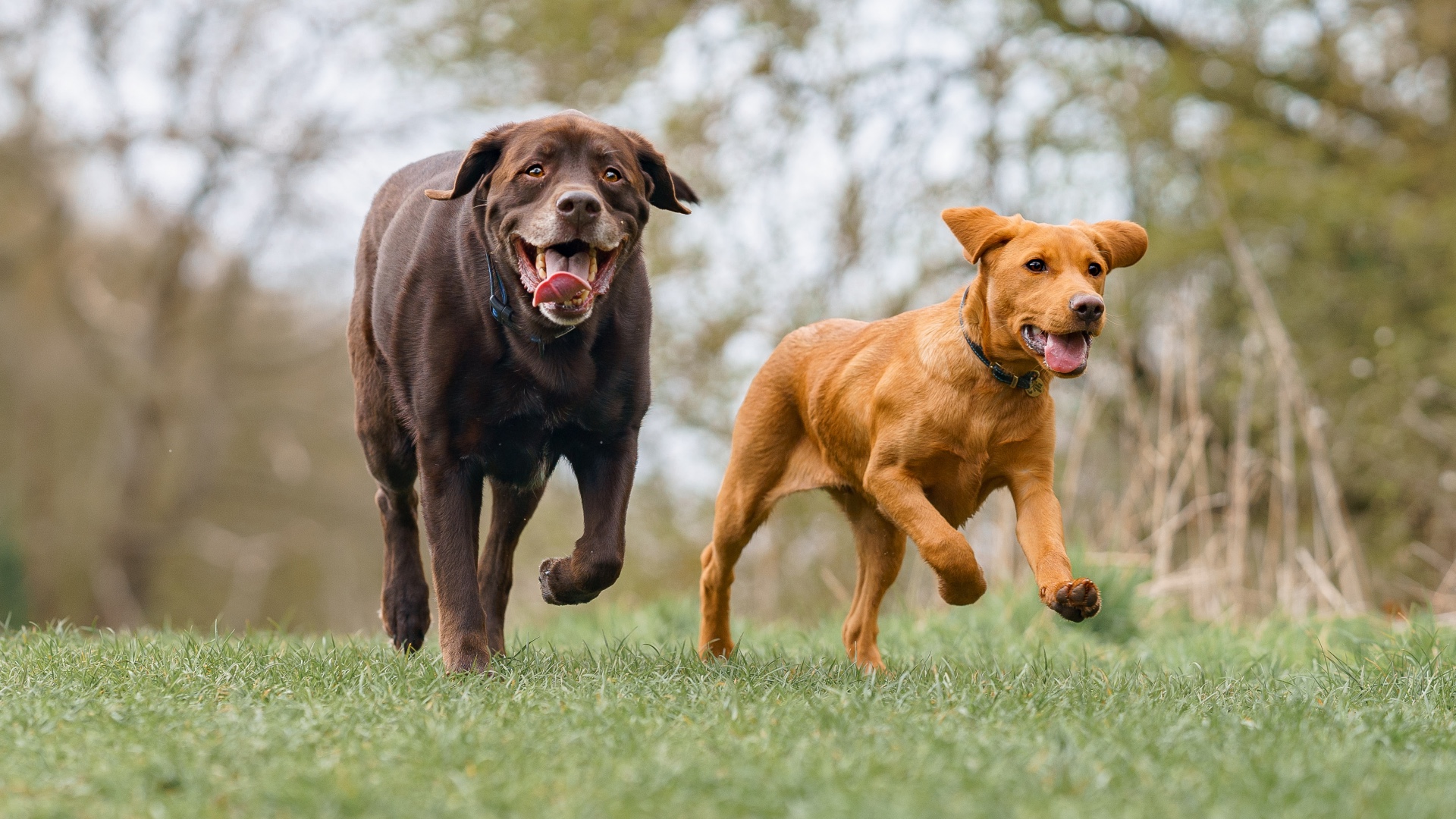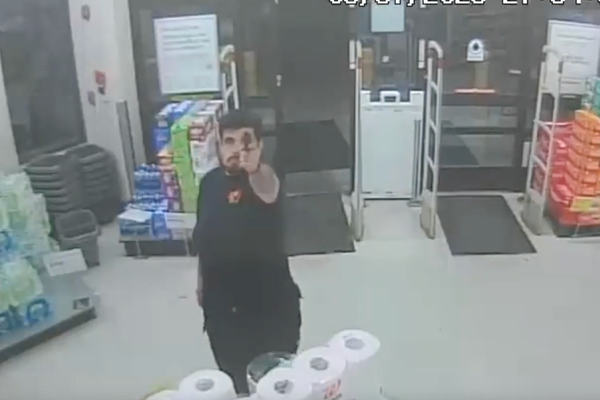
Training a reliable recall is something many pet parents find challenging, and it's not hard to see why.
While there could be many reasons why your dog's recall isn't reliable, distractions in the environment are often top of the list.
Most of us have learned that the secret to nailing recall training is to only reward our dog's when they come to us on the first call.
However, expert dog trainer Julianna DeWillems says you could be making a big mistake if you punish your dog for a slow recall time.
"Not rewarding my dog for coming when called because he took longer than I wanted him to is one of the best ways to accidentally punish the behavior and weaken his response next time," she explains in an Instagram video which you can view below.
DeWillems shares a real life training example where she's out walking with a dog who doesn't come immediately when she recalls him.
Instead of withholding dog treats, she actually gives him more because the fact that he didn't come straight away signalled to her that there was something in his environment that he was finding particularly interesting — in this case, another dog.
"When he did finally respond to me, I wanted to convey 'hey, thanks for coming away from that really interesting distraction...I know you were really into that dog but you still chose to come to me, so I'm going to jackpot you and give you multiple treats in a row', she explains.
While this may sound counterintuitive, DeWillems says that by doing this you're reinforcing the behavior of coming to you and so that's the behavior you'll see more of in the future.
That's all well and good you may be thinking, but what happens if you have a dog that always takes forever to come or doesn't come at all? Well, according to DeWillems that's useful information.
"If I see the delay in responding over and over again, that would be information to me that perhaps I’ve put him into situations beyond his capabilities and we need to spend more time training the actual cue," she says.
Training a solid recall takes time, patience, and consistency. If you want to work on your dog's recall, we recommend reaching out to a professional trainer for some 1:1 support.







